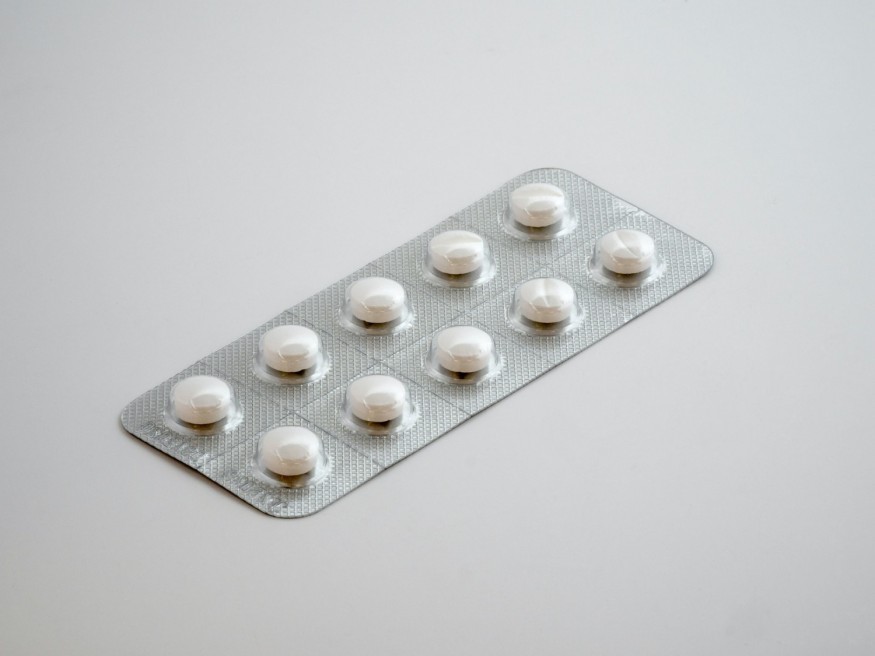
Medical health providers have been noticing that when it comes to coronavirus, men seem to be doing worse than women. Doctors are now considering giving men the two female sex hormones, estrogen and progesterone, to see if it would help them survive the virus better.
Stony Brook University in New York and Cedars-Sinai in California are now putting that theory to the test. The health institutions will be giving men estrogen or progesterone for a limited amount of time to see if it decreases inflammation in the body, boosts the immune system, and reduces the overall severity of the illness.
Previous research has suggested that the hormones may reduce the number of ACE2 receptors on the surfaces of cells. These said receptors are what the virus uses to penetrate the body.
Also Read : Having Antibodies Against COVID-19 Does Not Guarantee Immunity, Says Doctor Who Retested Positive
The Estrogen Study in New York
The Renaissance School of Medicine at Stony Brook University in Long Island, New York will be studying estrogen, the primary female sex hormone. It is the hormone responsible for bringing about the physical changes that turn a girl into a woman.
The trial hopes to recruit 110 patients who visit the emergency room and exhibiting COVID-19 symptoms such as fever, coughing, or shortness of breath.
The subjects for the study either need to test positive for COVID-19 or are assumed to have it, as long as the need for intubation is not anticipated.
Atleast half of the patients will be given an estradiol patch for one week and the other half will be a control group. Researchers will determine if the hormone helps reduce the disease's severity.
Experts assume is that the hormone could help clear the infection and prevent cytokine storms. This occurs when the body doesn't just fight off the virus but also attacks its own cells and tissues.
Progesterone Trials in Los Angeles
Meanwhile, on the west coast, researchers in Los Angeles are scheduled to begin testing progesterone on male patients next week. The hormone has been known to decrease inflammation and prevent the immune system from clutching to outside pathogens.
Around 40 male patients will be enrolled in the Cedars-Sinai study, all of whom have tested positive for the virus ranging from mild to moderate cases. Half of the participants will be given two shots of progesterone per day for five days and the other half will be a control group.
Researchers will see if this helps control their oxygen levels and prevent the need to go to the ICU or the need for a mechanical ventilator. Just like the estrogen study, the theory is that progesterone will also prevent cytokine storms. All male participants of both studies will be warned of possible side effects such as hot flashes and breast tenderness.
Dr. Sara Ghandehari, a pulmonologist and intensive care physician at Cedars-Sinai Medical Center, said that she has also seen that the majority of pregnant women who contracted the virus only develop mild cases. She adds that something about being a woman and pregnancy is protective, which suggests that hormones may play a role in the said protection.












